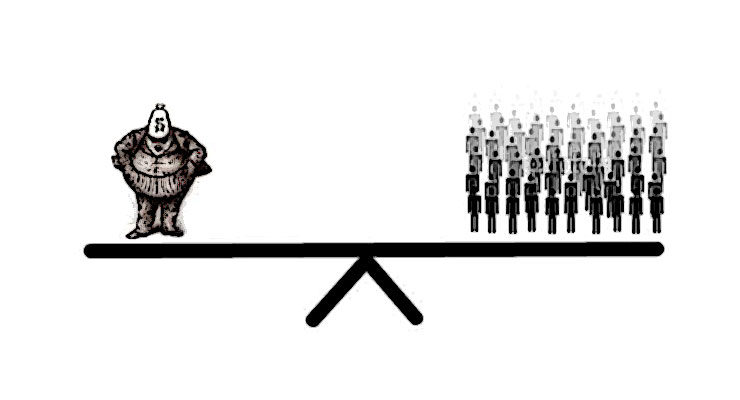
The latest news on this front comes from a really interesting article at Election Law Blog written by the widely-respected election expert Richard Pildes discussing his recent research. Here is his intro:
On the subject of how the structure of campaign finance laws and practices can affect democratic governance, I want to remind readers of the recent empirical paper Michael Norton and I published, which shows that the more outside money is spent on elections, the more it fuels the poles of the parties. More money to the political parties and campaigns, rather than outside spending, produces more cohesion and less fragmentation within the party caucuses.
The research he refers to can be found here. From the abstract:
Little empirical attention has been paid to the possible relationship between the sources of money in campaigns and whether political parties within the legislature are more unified or fragmented. Using recent data along with original interviews of leading party figures and former members of Congress, this article assesses how the rise of contributions from organizations outside the political parties affects the unity or disunity of the party caucus in the legislature. With highly polarized political parties, party fragmentation makes all the more difficult the building of effective governing coalitions.
Exploiting state variation in political action committee (PAC) contribution limits on party voting heterogeneity—the extent to which the caucus votes together—we find that higher levels of permitted PAC contributions decrease the unity of parties in the legislature. The results hold for both the majority and the minority party; for state legislatures that are both professional and part-time; and for whether the majority leader fully controls the legislative agenda or does not do so.
Through interviews with former party leaders, campaign committee and congressional staff, and rank and file members, we link this effect to federal reforms that have weakened the parties relative to outside interest groups and thus limited the leverage party leaders have to forge more unified party caucuses. As the debate over partisanship and government dysfunction in U.S. politics continues, this article adds an important component to understanding how changes in campaign finance laws have contributed to fragmenting the political parties, and hence, to making effective governing coalitions more difficult to forge.
Also, visit Democracy Chronicles main sections on American Democracy and Money Politics or our articles on Worldwide Corruption.
Leave a Reply